Home>Gardening & Outdoor>Landscaping Ideas>What To Use Lemon Grass For
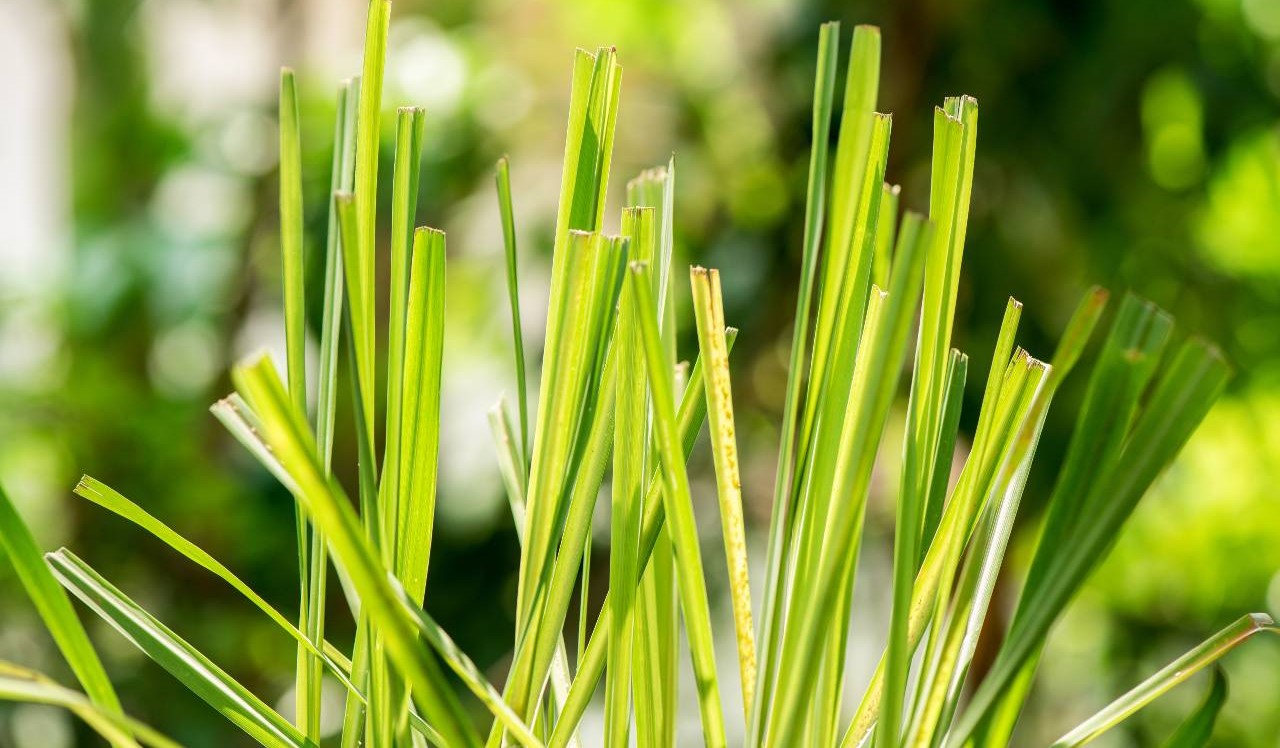

Landscaping Ideas
What To Use Lemon Grass For
Published: January 26, 2024
Discover creative landscaping ideas using lemon grass to enhance your outdoor space. Learn how to incorporate lemon grass for both aesthetic and practical purposes.
(Many of the links in this article redirect to a specific reviewed product. Your purchase of these products through affiliate links helps to generate commission for Storables.com, at no extra cost. Learn more)
Introduction
Welcome to the wonderful world of lemongrass! This aromatic and versatile herb is not only a staple in many culinary traditions but also boasts a wide array of medicinal, aromatic, and beauty-enhancing properties. With its fresh, citrusy scent and unique flavor profile, lemongrass has become a beloved ingredient in various cuisines around the globe. Beyond its culinary applications, lemongrass has found its way into traditional medicine, aromatherapy, and beauty products, offering a host of benefits for both body and mind.
In this comprehensive guide, we will explore the diverse uses of lemongrass, from its role in tantalizing taste buds to its contributions to holistic wellness and self-care. Join us as we delve into the world of lemongrass and uncover the myriad ways in which this remarkable herb can enrich our lives.
Key Takeaways:
- Lemongrass is a versatile herb used in cooking, medicine, aromatherapy, and beauty products, adding a refreshing citrusy flavor to dishes and offering natural support for wellness and self-care.
- From flavoring soups and curries to promoting relaxation in aromatherapy, lemongrass enriches our lives with its culinary, medicinal, aromatic, and beauty-enhancing contributions.
Read more: What Is Lemon Grass Good For
Culinary Uses of Lemongrass
Lemongrass, with its distinctive citrusy aroma and flavor, is a beloved ingredient in various culinary traditions, particularly in Southeast Asian cuisines. The tender, pale green stalks of lemongrass are prized for their unique ability to infuse dishes with a bright, lemony essence, adding depth and complexity to a wide range of recipes.
Here are some popular culinary uses of lemongrass:
- Flavoring Soups and Curries: Lemongrass is often used to impart a refreshing citrus note to soups, broths, and curries. Its aromatic profile pairs beautifully with coconut milk, ginger, and spices, creating a harmonious blend of flavors in dishes such as Tom Yum soup and Thai green curry.
- Marinades and Grilling: The tender inner core of lemongrass stalks can be finely chopped or pounded into a paste to create flavorful marinades for meats, seafood, and vegetables. Its bright, zesty flavor complements grilled dishes, adding a delightful citrusy kick to kebabs, skewers, and barbecue fare.
- Infusing Beverages: Lemongrass lends its refreshing essence to beverages, including teas, lemonades, and cocktails. Its aromatic oils and subtle tartness can elevate a simple cup of tea or add a tropical twist to refreshing summer drinks.
- Baking and Desserts: In sweet treats and desserts, lemongrass can impart a unique citrus flavor, adding a touch of brightness to cakes, custards, sorbets, and ice creams. Its delicate fragrance can transform traditional desserts into exotic delights.
Whether used fresh, dried, or as an essential oil, lemongrass brings a burst of citrusy flavor and aroma to a wide array of dishes, making it a versatile and indispensable herb in the kitchen.
Stay tuned as we explore the medicinal uses, aromatherapy applications, and beauty-enhancing properties of lemongrass in the following sections.
Medicinal Uses of Lemongrass
Beyond its culinary applications, lemongrass has been valued for centuries in traditional medicine for its potent medicinal properties. Rich in essential nutrients and bioactive compounds, lemongrass offers a myriad of potential health benefits, making it a popular ingredient in natural remedies and wellness practices.
Here are some of the medicinal uses of lemongrass:
- Digestive Health: Lemongrass is known for its carminative and digestive properties, aiding in the relief of indigestion, bloating, and stomach cramps. Its essential oils contain compounds that can help soothe the digestive system and promote healthy gut function.
- Immune Support: The antibacterial and antifungal properties of lemongrass make it a valuable ally in supporting the immune system. It is often used to help combat common colds, flu, and minor infections, offering natural defense against microbial invaders.
- Detoxification: Lemongrass is believed to have detoxifying effects on the body, assisting in the elimination of toxins and waste products. Its diuretic properties may support kidney function and promote the flushing out of impurities from the body.
- Relief from Pain and Inflammation: The anti-inflammatory and analgesic properties of lemongrass make it a popular remedy for alleviating muscle pain, joint discomfort, and headaches. Whether used topically or consumed as a tea, lemongrass may offer natural relief from various types of discomfort.
- Stress Reduction: The soothing aroma of lemongrass essential oil is known to have calming and stress-relieving effects. It is often used in aromatherapy to promote relaxation, alleviate anxiety, and create a tranquil atmosphere.
From promoting digestive wellness to providing immune support and stress relief, lemongrass continues to be a valuable botanical resource in the realm of natural medicine.
Next, we will delve into the aromatic and therapeutic uses of lemongrass in the realm of aromatherapy.
Lemon grass can be used to add a citrusy flavor to soups, curries, and marinades. Simply bruise the stalks and add them to your dish while cooking, then remove before serving.
Aromatherapy and Lemongrass
Aromatherapy, the practice of using essential oils to promote holistic well-being, has long embraced the invigorating and uplifting scent of lemongrass. The bright, citrusy aroma of lemongrass essential oil is renowned for its ability to refresh the mind, uplift the spirit, and create a sense of balance and harmony.
Here are some key ways in which lemongrass is utilized in aromatherapy:
- Mood Enhancement: The citrusy scent of lemongrass is known to have mood-boosting properties, helping to alleviate feelings of stress, anxiety, and fatigue. Diffusing lemongrass essential oil can create a revitalizing and energizing atmosphere, promoting a positive outlook and mental clarity.
- Air Purification: Lemongrass essential oil is valued for its natural deodorizing and purifying effects. When diffused, it can help cleanse the air, neutralize odors, and create a fresh, clean environment, making it a popular choice for home and spa settings.
- Relaxation and Tranquility: The soothing aroma of lemongrass can induce a sense of relaxation and tranquility, making it an ideal choice for calming the mind and promoting restful sleep. Incorporating lemongrass oil into massage oils, bath blends, or bedtime rituals can enhance relaxation and emotional well-being.
- Focus and Concentration: The invigorating scent of lemongrass is believed to sharpen mental focus and enhance cognitive function. Whether used in diffusers or personal inhalers, lemongrass oil can help improve concentration, mental clarity, and productivity.
With its versatile aromatic profile and potential therapeutic benefits, lemongrass essential oil has become a cherished tool in the practice of aromatherapy, offering a natural and holistic approach to emotional and mental wellness.
As we continue our exploration of lemongrass, we will uncover its role in beauty products and skincare, highlighting its potential for enhancing natural beauty and self-care rituals.
Lemongrass in Beauty Products
Beyond its culinary and therapeutic uses, lemongrass has also made a significant impact in the realm of beauty and skincare. With its refreshing scent and beneficial properties, lemongrass has become a sought-after ingredient in a wide range of beauty products, offering natural solutions for skin and hair care.
Here are some ways in which lemongrass is incorporated into beauty products:
- Skincare: Lemongrass is valued for its astringent and toning properties, making it a popular addition to facial cleansers, toners, and moisturizers. Its natural astringent qualities can help minimize the appearance of pores and promote a balanced, clear complexion.
- Hair Care: The refreshing and invigorating scent of lemongrass is often found in shampoos, conditioners, and hair treatments. Its clarifying and revitalizing properties can help cleanse the scalp, balance oil production, and add luster to the hair, making it a favorite ingredient for promoting healthy, vibrant locks.
- Deodorants and Body Care: Lemongrass’s natural deodorizing and antibacterial properties make it a popular choice for natural deodorants, body sprays, and body washes. Its fresh, citrusy scent can help neutralize odors and promote a feeling of freshness and cleanliness.
- Relaxing Bath and Body Oils: Lemongrass essential oil is often included in bath oils, massage oils, and body scrubs to promote relaxation, rejuvenation, and a sense of well-being. Its uplifting aroma can enhance the bathing experience and contribute to a spa-like atmosphere at home.
By harnessing the natural benefits of lemongrass, beauty products infused with this aromatic herb offer a holistic approach to self-care, providing nourishment for the skin, hair, and senses.
As we conclude our exploration of lemongrass, it is evident that this versatile herb has left an indelible mark across various domains, enriching our lives with its culinary, medicinal, aromatic, and beauty-enhancing contributions.
Read more: What Are The Benefits Of Lemon Grass Tea
Conclusion
In conclusion, lemongrass stands as a testament to the remarkable versatility and impact of botanical treasures in our daily lives. From its role in tantalizing taste buds with its bright, citrusy flavor to its contributions to holistic wellness and self-care, lemongrass has woven its way into the fabric of diverse cultural traditions and modern practices.
As a culinary herb, lemongrass adds a refreshing and aromatic dimension to a wide array of dishes, from soups and curries to beverages and desserts. Its ability to infuse culinary creations with a zesty, citrusy essence has made it a beloved ingredient in kitchens around the world.
Moreover, lemongrass has long been revered for its medicinal properties, offering natural support for digestive health, immune function, detoxification, and stress relief. Its presence in traditional medicine and natural remedies underscores its enduring relevance in promoting holistic well-being.
In the realm of aromatherapy, the bright and uplifting scent of lemongrass essential oil has become a cherished tool for enhancing mood, purifying the air, promoting relaxation, and sharpening mental focus. Its aromatic profile has made it a valuable resource for emotional and mental wellness.
Furthermore, lemongrass has found its way into beauty products, offering natural solutions for skincare, hair care, and body care. Its astringent, clarifying, and deodorizing properties have made it a popular addition to a variety of beauty and self-care formulations, contributing to a holistic approach to personal care rituals.
As we bid adieu to our exploration of lemongrass, it is evident that this extraordinary herb has left an indelible mark across various domains, enriching our lives with its culinary, medicinal, aromatic, and beauty-enhancing contributions. Whether enjoyed in a fragrant bowl of soup, in the soothing ambiance of an aromatherapy diffuser, or as a revitalizing component of beauty products, lemongrass continues to captivate our senses and elevate our experiences, embodying the timeless allure of nature’s gifts.
Frequently Asked Questions about What To Use Lemon Grass For
Was this page helpful?
At Storables.com, we guarantee accurate and reliable information. Our content, validated by Expert Board Contributors, is crafted following stringent Editorial Policies. We're committed to providing you with well-researched, expert-backed insights for all your informational needs.
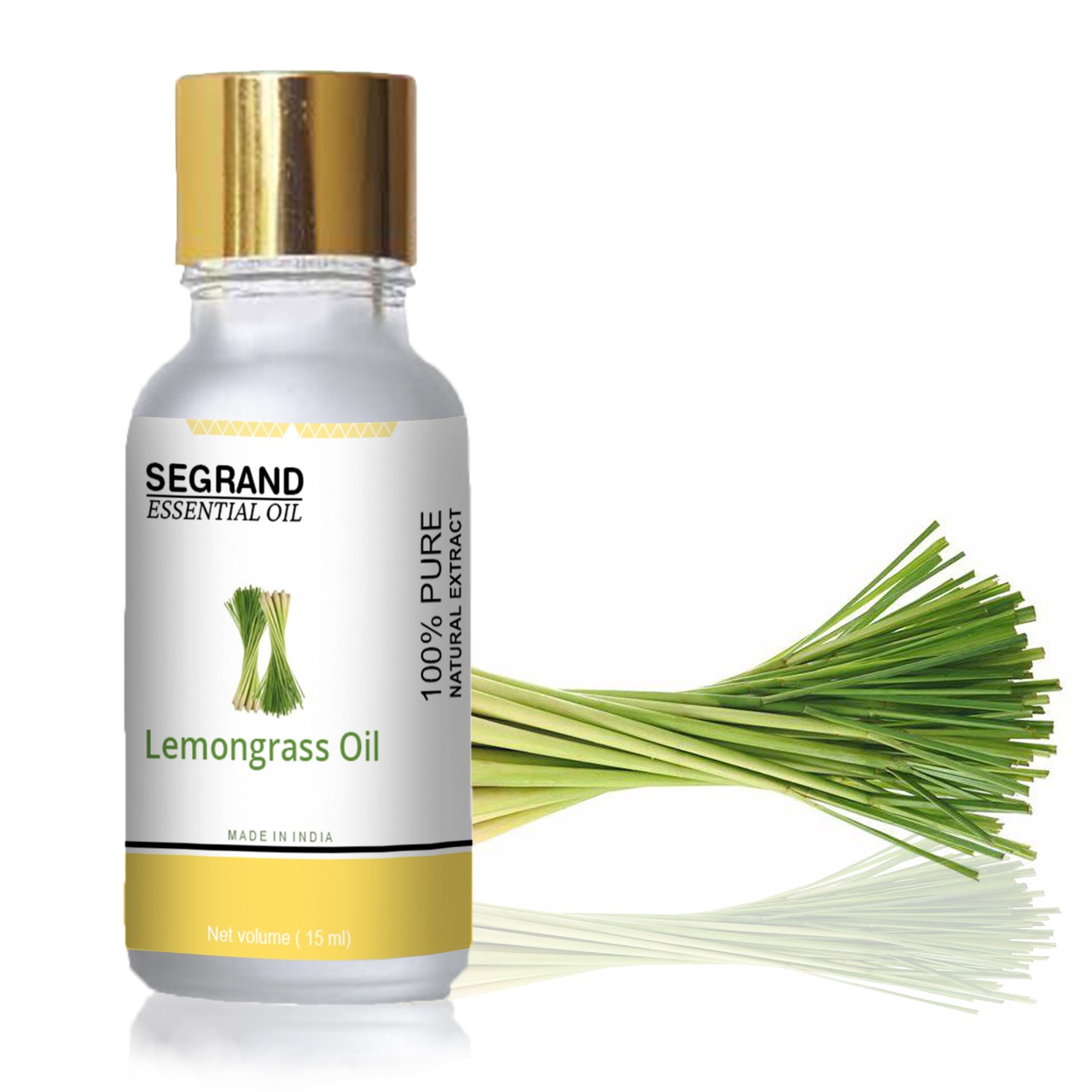
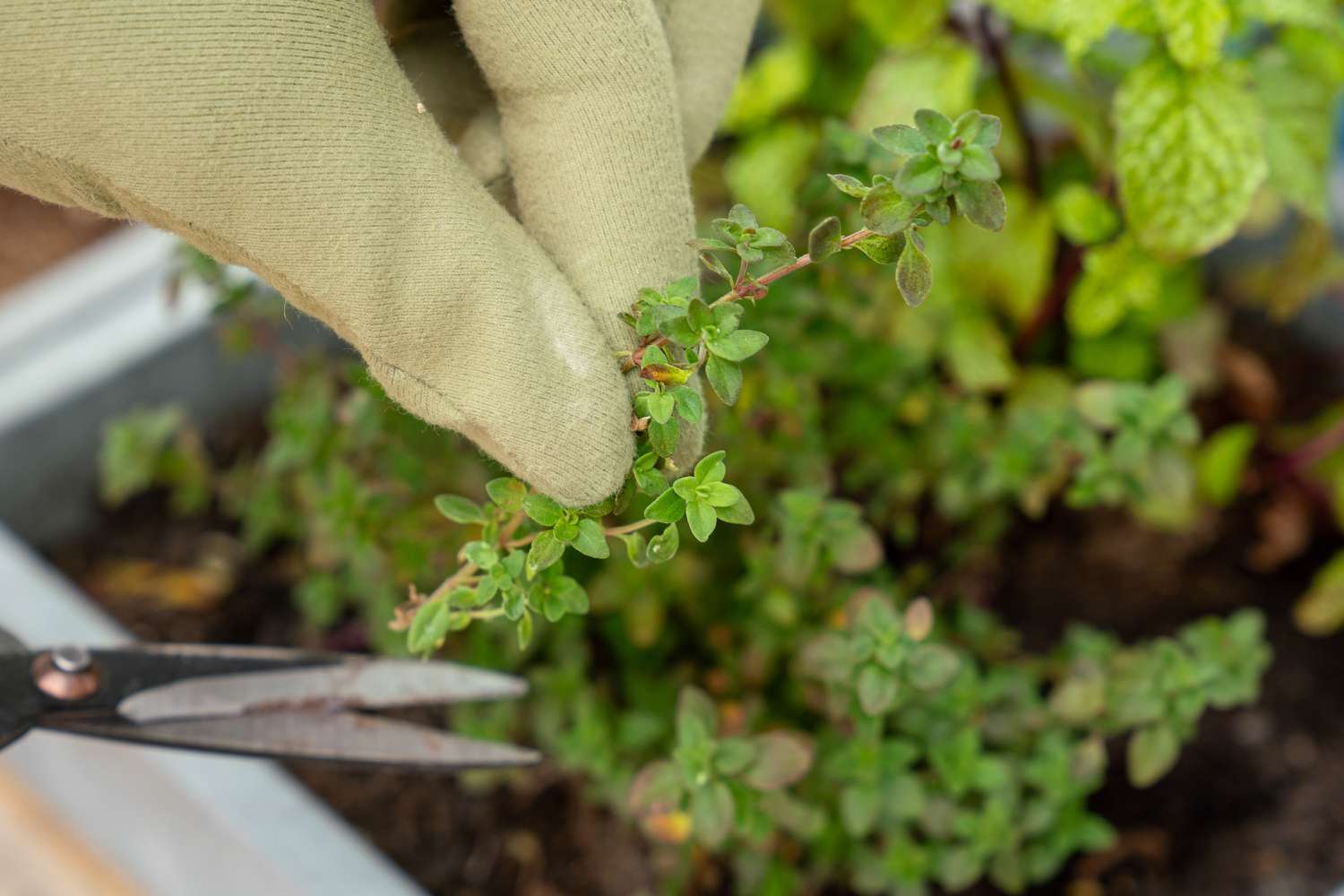


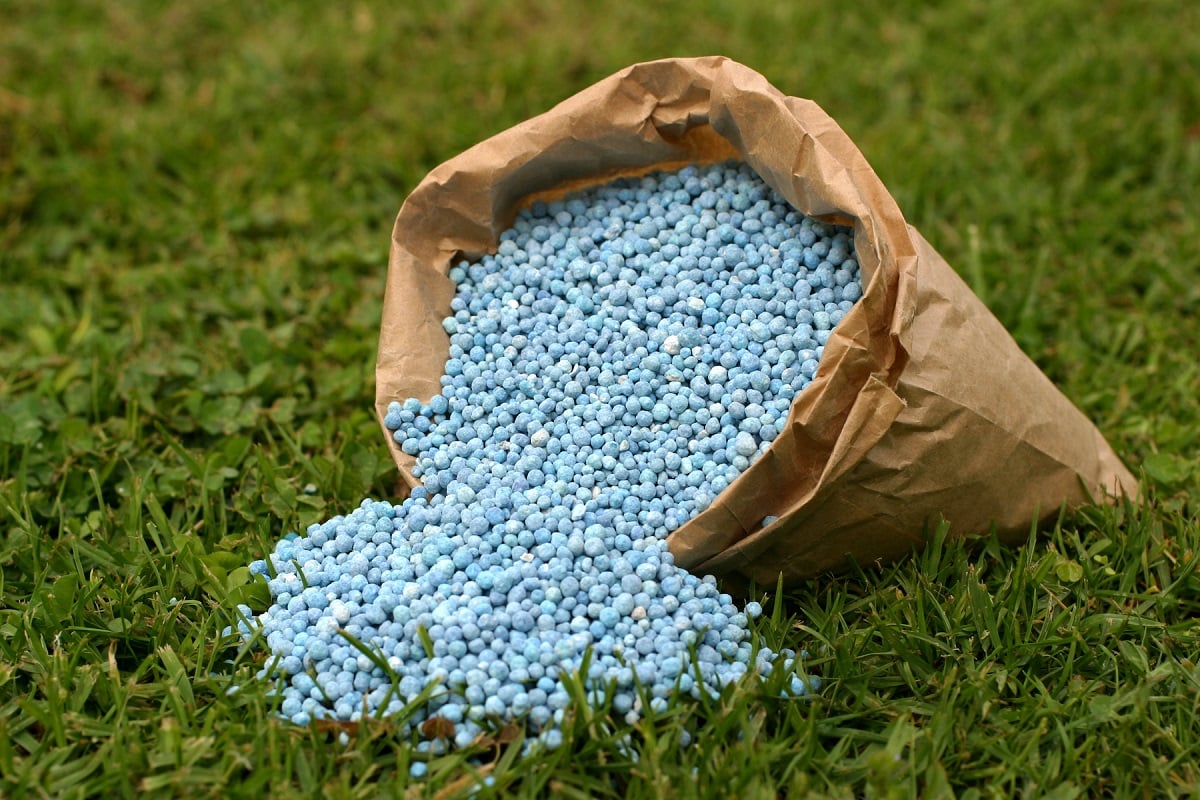
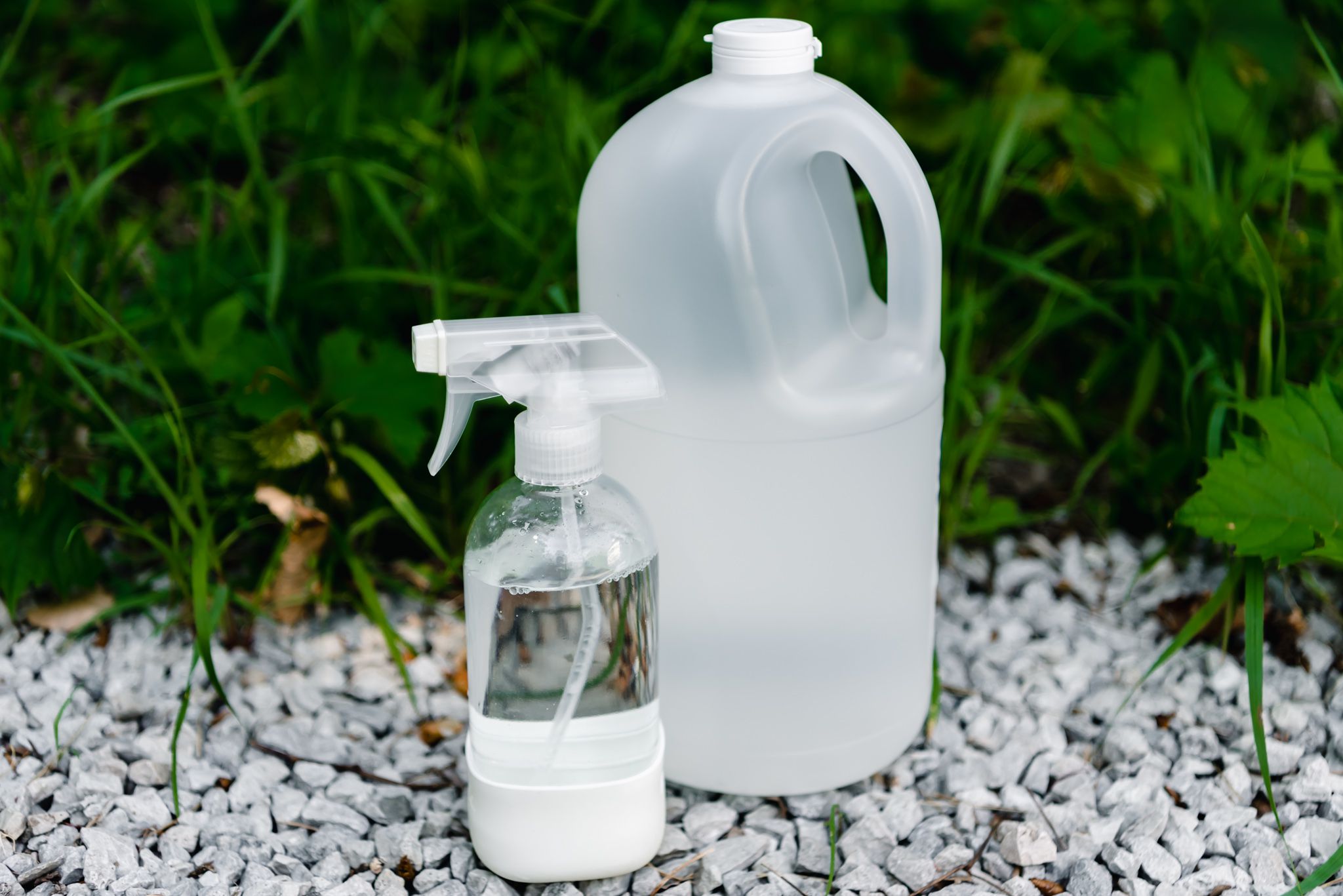

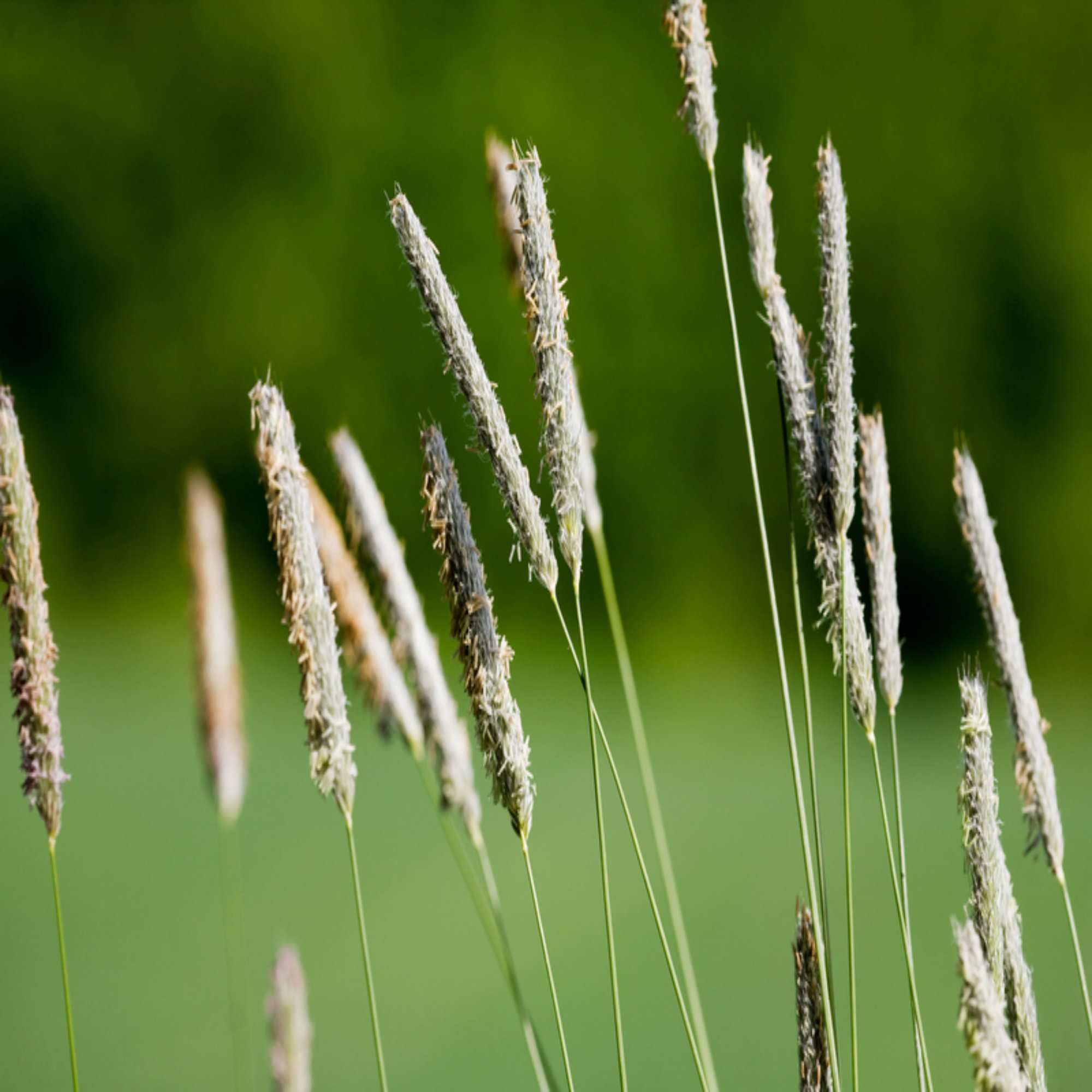

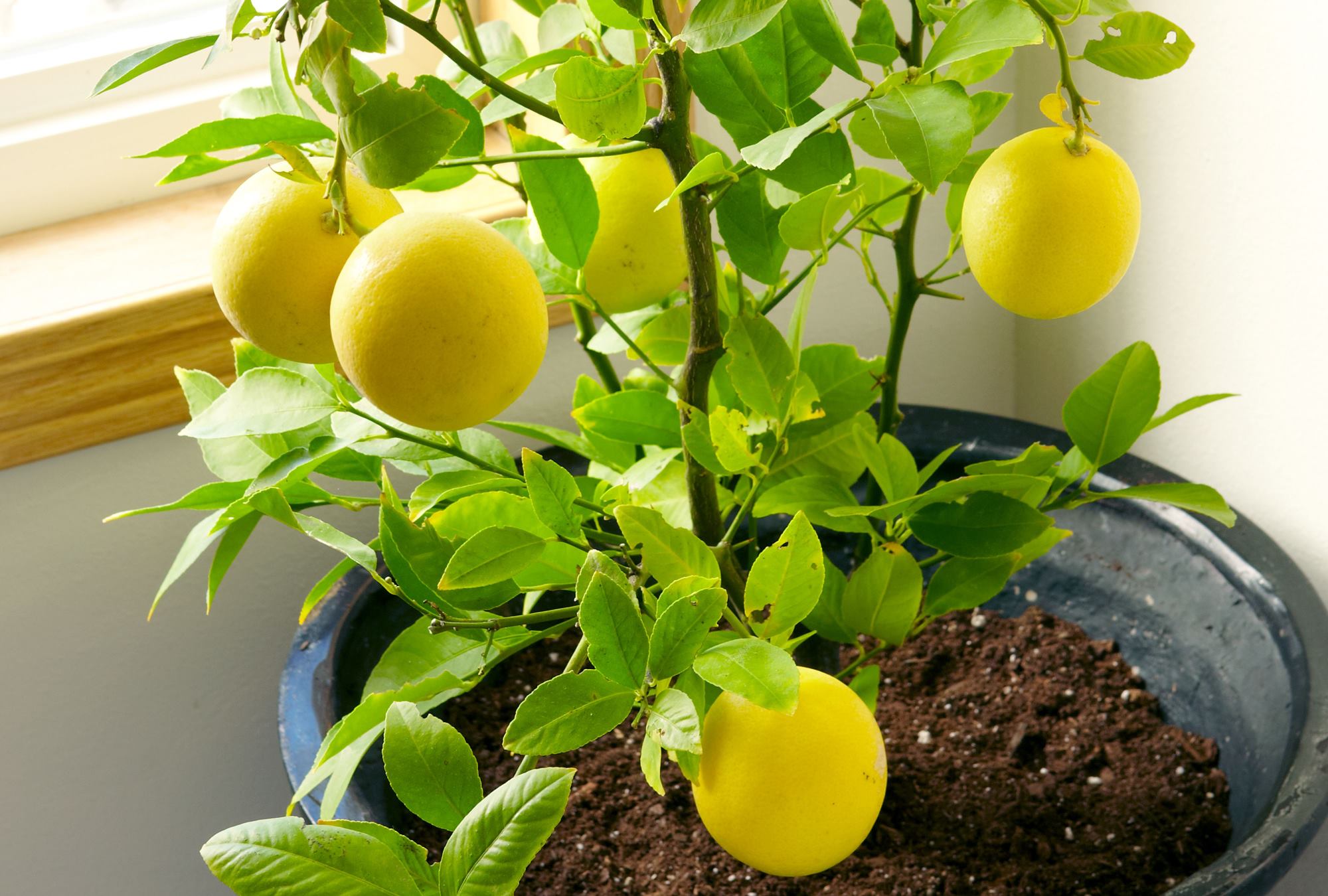
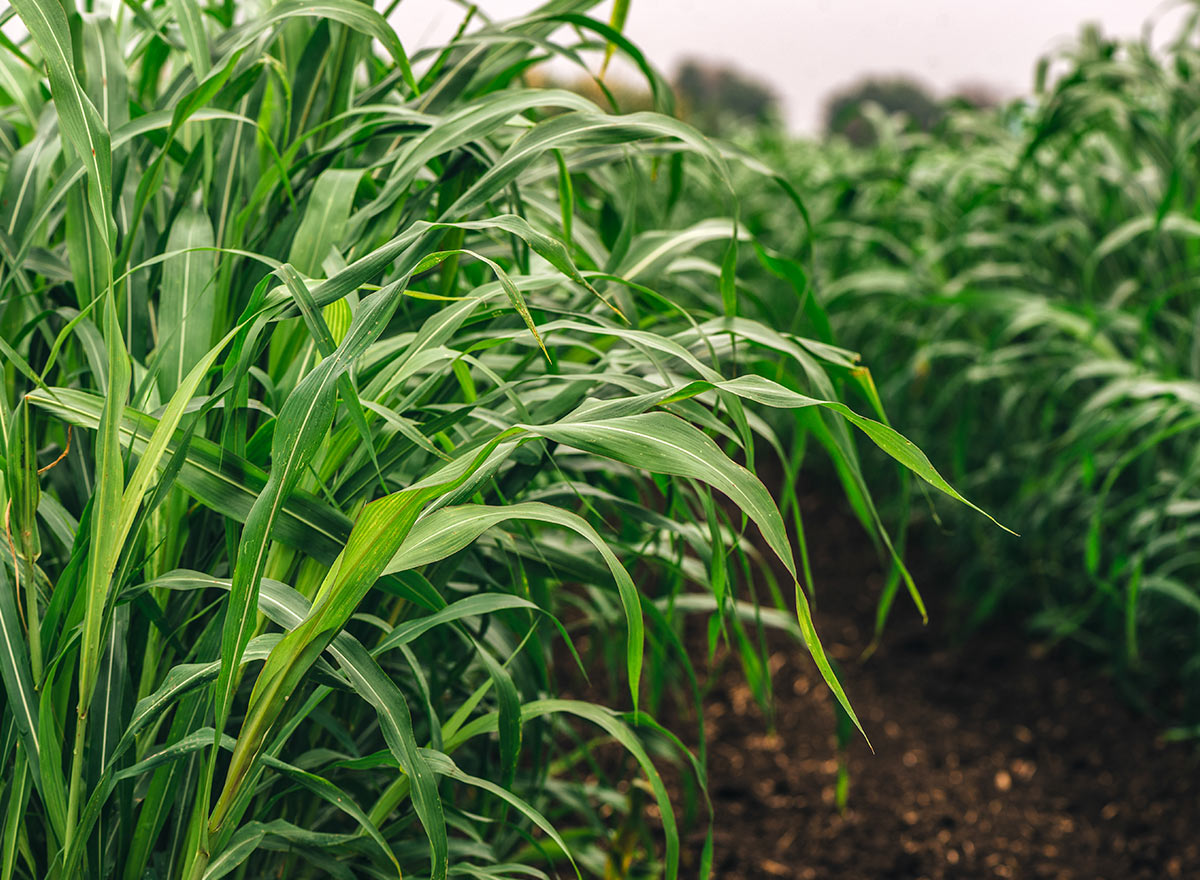
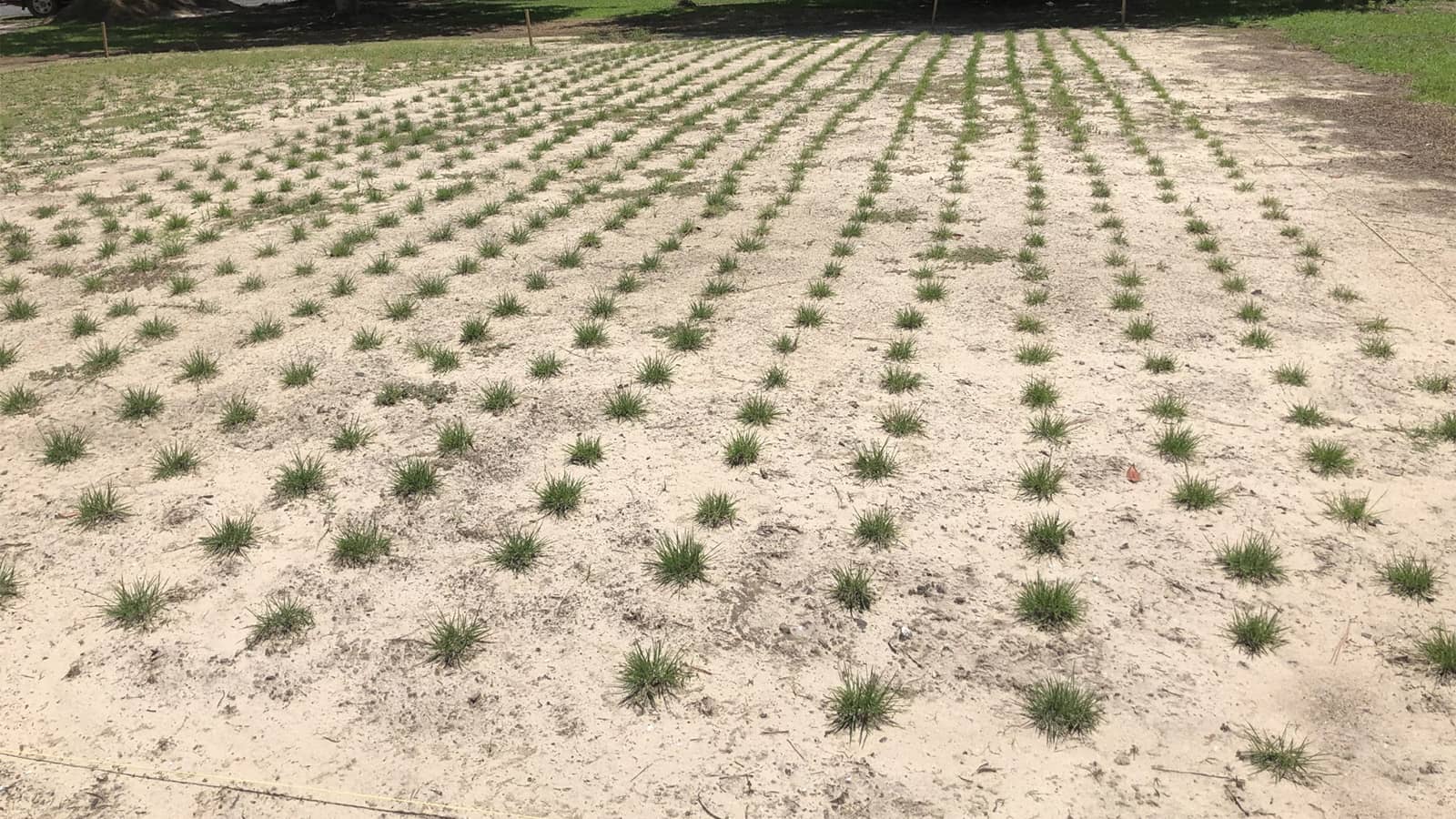
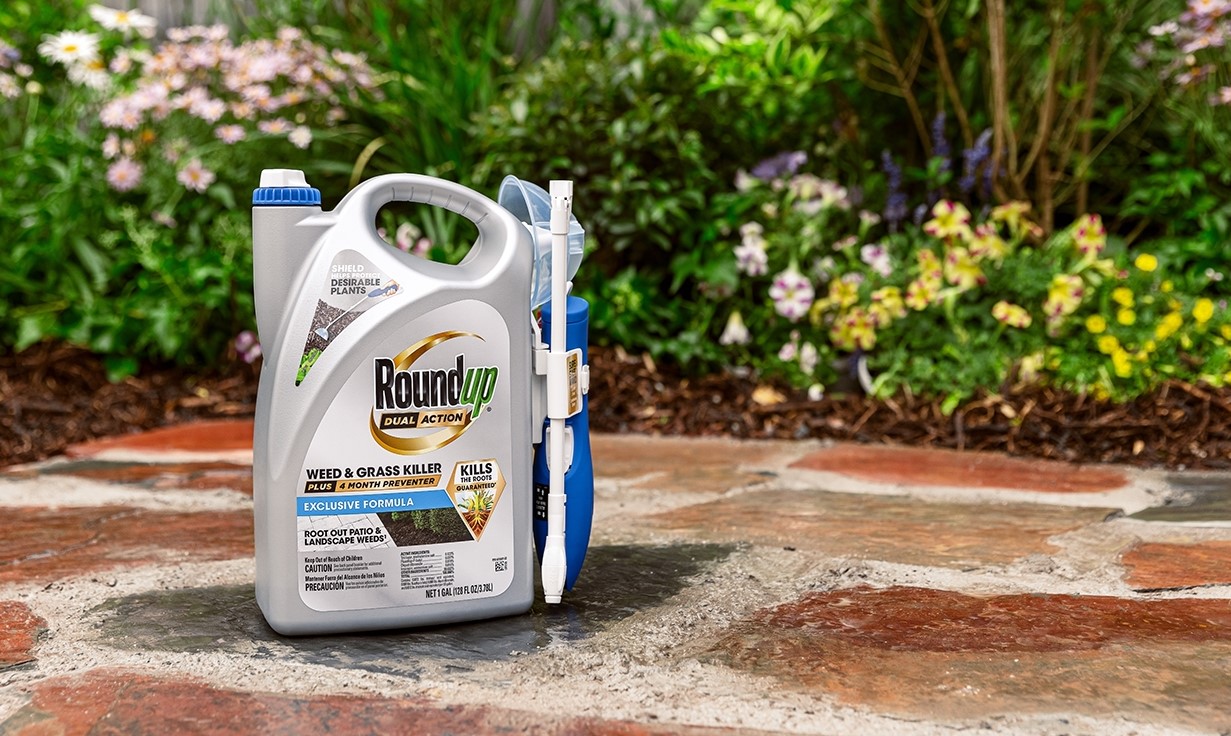


0 thoughts on “What To Use Lemon Grass For”